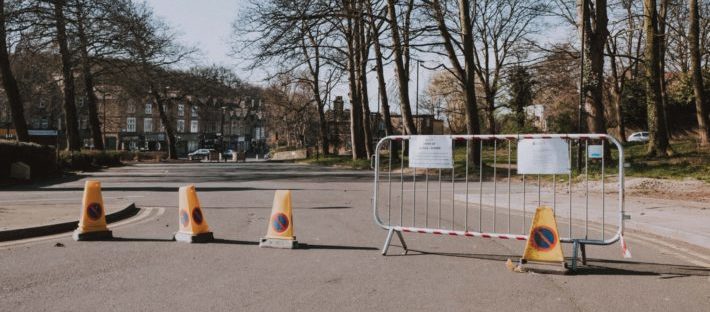As the COVID-19 pandemic has put New York City’s public health system to the test and seized our attention, it is important to remember that we are still in the middle of another epidemic that has slipped from our radar. The opioid epidemic remains an ongoing crisis. In 2018, more New Yorkers died from drug overdose than from suicide, homicide, and motor vehicle accidents combined. Opioids were involved in 80% of drug-related deaths.
Since the beginning of this crisis, FPHNYC has worked closely with our partners at the Health Department to test and implement creative strategies to decrease the rate of opioid overdose deaths in our city. As we now face COVID-19, we must develop and adapt strategies to serve individuals with opioid use disorder.
Adapting to Deliver Methadone to New Yorkers in Need
Nearly 30,000 New Yorkers receive methadone, a medication used to treat opioid use disorder, at 68 treatment programs across the city. As social distancing rules due to COVID-19 came into effect, it became clear that many people taking methadone would now struggle with access. Some patients are isolated older adults, have tested positive for COVID-19, or are homeless. These added risk factors may make it dangerous for these patients to pick up their methadone at the centers that remain open.
Thanks in part to a recent Overdose Data to Action grant awarded to FPHNYC by the CDC, our partners at the Health Department have been able to adapt to ensure patients can still get life-saving methadone while staying safe from dangers presented by COVID-19. This new methadone delivery program is implemented in collaboration with the NYC Health Department and the New York State Office of Addiction Services and Supports. In support, FPHNYC is securing protective equipment and cleaning supplies such as masks, hand sanitizer and wipes, for the 20 Health Department staff making curbside deliveries and coordinating logistics for this program.
“It’s been an incredible experience making these deliveries to people in need,” says Lili Warren, Research and Surveillance Coordinator at the Health Department and one of the volunteers who deliver methadone to participants in the program. “ It’s not easy, but knowing that we can make a difference and help people with urgent needs during this pandemic, while also having the equipment we need to stay safe, is such a privilege.“
Methadone Saves Lives
Although an effective and safe treatment for opioid use disorder, methadone is still one of the most heavily federally regulated medications in the US. Thankfully, federal regulations were recently relaxed in response to COVID-19, allowing local governments to start methadone delivery to high-risk patients and increasing the minimum number of doses that can be provided to patients at home.
Now, anyone who is unable to travel to a treatment center (or who does not have a household member who can pick up the methadone for them), can be referred by the medical director of their opioid treatment program for curbside methadone delivery.
“Methadone is a life-saving medication,” said Health Commissioner and FPHNYC Board Chair Dr. Oxiris Barbot in a recent press release announcing the expansion of the Methadone Delivery Program. “New Yorkers who take methadone and get sick from COVID-19 should not have to choose between getting their medication and protecting their health or the health of others.”
Expanding a Life-Saving Program
After a successful soft launch in mid-April delivering methadone to patients 65 years or older at select “isolation hotels” across the city, the program has grown. The methadone home delivery program now accepts patients from isolation hotels run by NYC Health + Hospitals, NYC Emergency Management, and the Mayor’s Office of Criminal Justice. It is also providing home deliveries to anyone over 50 who is referred to the program. Approximately 1,300 deliveries can be made per month to high-risk patients who have been diagnosed with or have symptoms of COVID-19 or have an underlying health condition.
FPHNYC remains committed to fighting epidemics of all kinds and protecting the public health of all New Yorkers. We’re proud to partner with the Health Department to serve New York’s most vulnerable populations. We fight to ensure that even in the face of a global pandemic, they receive access to support and dignity of respectful, accessible care.
The work of fighting ongoing epidemics such as opioid overdoses does not stop when faced with a new health threat. To support our life-saving work combating epidemics, donate to our Epidemics Fund.

